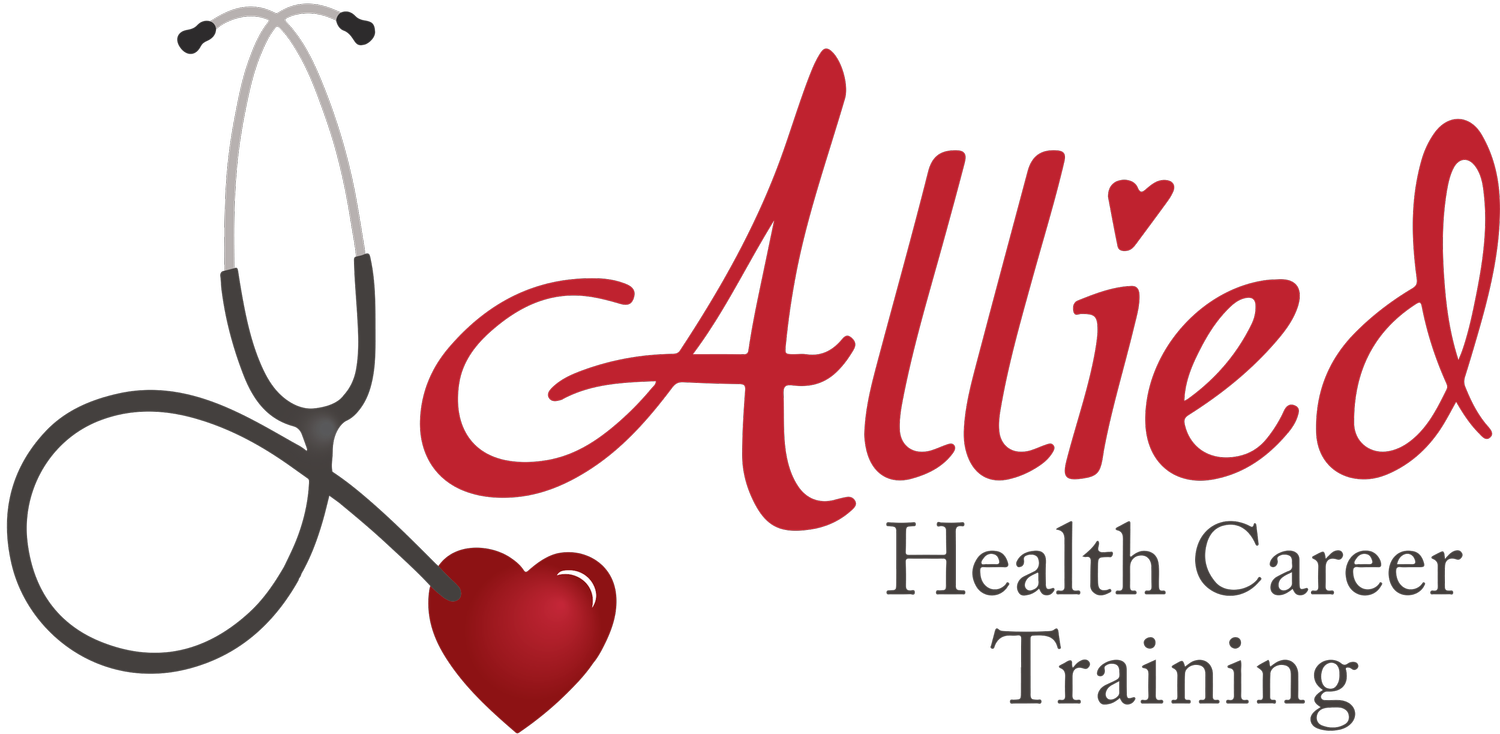We have all heard this fearful term. We probably all have known someone who has experienced a heart attack, but what is a heart attack, how does it happen, and would you, as a CMA, be able to identify if someone is experiencing a heart attack?
The medical term for heart attack is MI which is short for myocardial infarction. myo = muscle and cardial = cardiac or heart, infarction = blockage.
The heart is a muscle, it works all the time. Think about it, no vacations or sick days, not even a 10 min break! All the work the heart does pumping blood to every cell in the body, and yet, we treat it so badly with processed foods, sugary drinks, stress, excess weight, smoking, and no exercise.
The heart receives blood, oxygen, and nutrients via the coronary arteries that wrap around the heart. When these get plugged up with plaque (a sticky buildup of cholesterol, fat, blood cells, calcium, cellular waste products, and fibrin,) it causes them to thicken and harden a disease known as atherosclerosis. This makes the inside of the artery more narrow and unable to carry as much blood to feed the heart. Then when this buildup breaks off, it can form a clot that blocks off the blood flow. This means all the heart tissue downstream cannot be fed any oxygen and nutrients. The heart will cramp and struggle to continue beating, resulting in pain, and the death of the heart tissue in that region.
The symptoms can vary especially in women, but the most common are: (* are most common in women)
Chest pain: A feeling of pressure, heaviness, tightness, or squeezing in the center or left side of the chest
Pain in other parts of the body: Pain that spreads from the chest to the arms, jaw, neck, back, or upper abdomen
Shortness of breath: Especially when resting or doing a little bit of physical activity *
Sweating: A lot for no reason *
Feeling unusually tired, and exhausted: Sometimes for days *
Nausea and vomiting: Feeling sick to the stomach, heartburn *
Light-headedness or sudden dizziness: Feeling faint *
Rapid or irregular heartbeat: Palpitations *
Upper back pain *
It cannot be overstated how important it is to be aware of these signs, especially in our residents who may not be able to verbally convey their symptoms. Time is of the essence. When you suspect something might be wrong, you need to act fast, this is not something to put off until you have finished your med pass. The longer the heart attack goes on the more damage it does to the heart that cannot be healed. Get the nurse right away!

